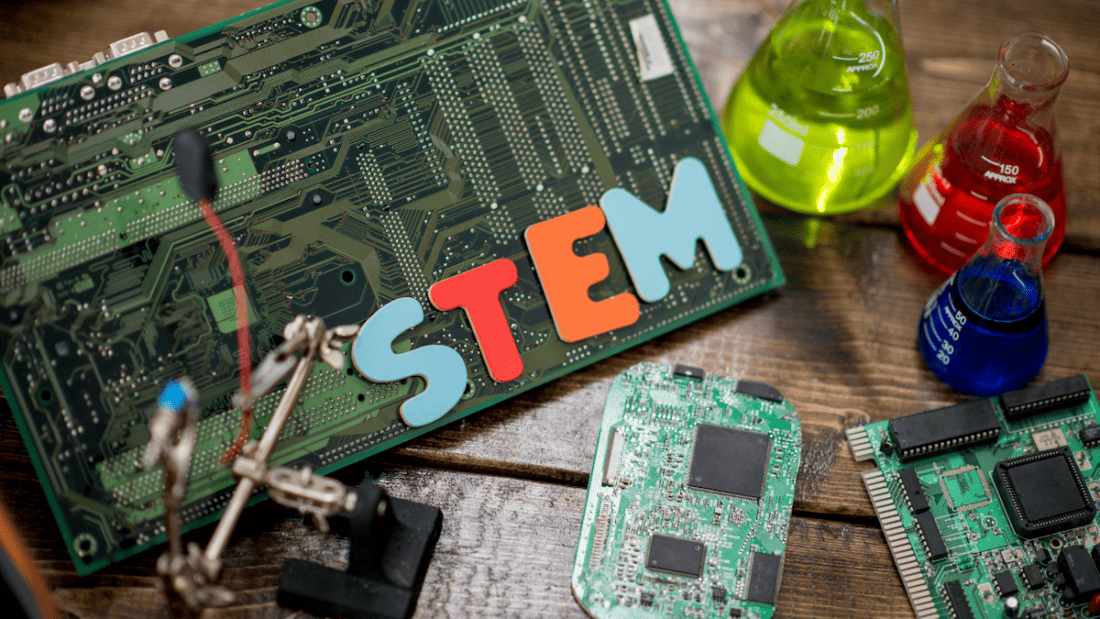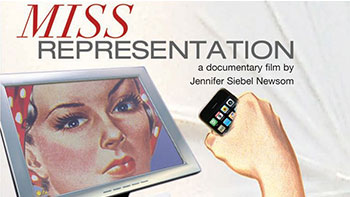Guest blog by Youth Advisory Council member Sarah Zhao
At my high school, I’ve noticed boys outnumber girls in certain STEM classes. Subjects like biology have plenty of girls, while calculus only has six. According to the U.S. National Science Foundation, women only represent 35% of the STEM workforce in the United States despite making up 50% of the total civilian workforce (U.S. Department of Labor). What has led to this disparity? Why are fields that were previously populated by women, like computer science, now dominated by men?
Factors that keep young women from pursuing STEM include harmful stereotypes, lack of role models, and unconscious bias (Piloto). In textbooks, men are considered the main innovators in the fields of STEM. The role of women is very much ignored, despite the numerous accomplishments women have made throughout history. For instance, in seven of the most widely used biology textbooks, only 13% of scientists were women while 87% were men (Jarvis).
There is also a clear lack of representation of women in STEM in entertainment media, men STEM characters outnumber women STEM characters two-to-one (62% compared with 38%) (Conroy et al.), so students learn stereotypes about men and women pursuing only certain careers. While STEM subjects are perceived as masculine, many girls underestimate their intelligence when compared to boys despite outperforming them in every school subject (Gjersoe). Unconscious bias that is the result of societal stereotypes can further disadvantage women in employment, education, and grant funding, leading to a disproportionate amount of men in the industry today.
There are ways to address the gender gap in STEM, such as creating an inclusive environment and educating students on women who have made contributions to STEM fields. By dismantling harmful narratives regarding women in STEM, we can close the gender gap.
Sarah Zhao (She/Her) is currently a student at Northgate High School. She is passionate about raising awareness for BIPOC health, the LBGTQIA+ community, and gender equity. In her free time, Sarah enjoys studying philosophy, programming, and drawing. As a whole, Sarah strives to make a difference in all aspects of society whether it be in the workforce or in the classroom.




